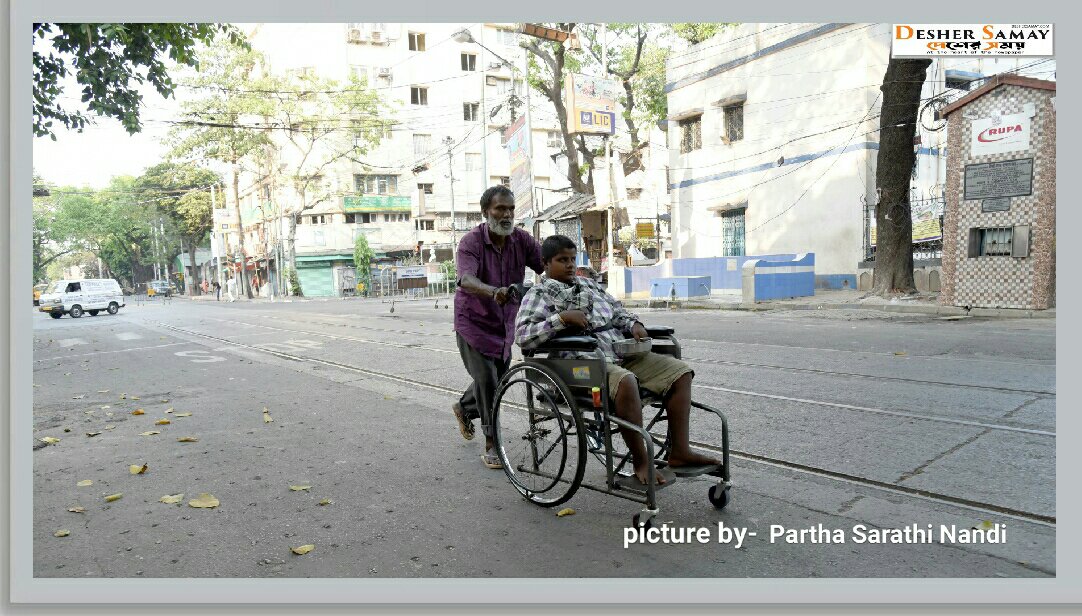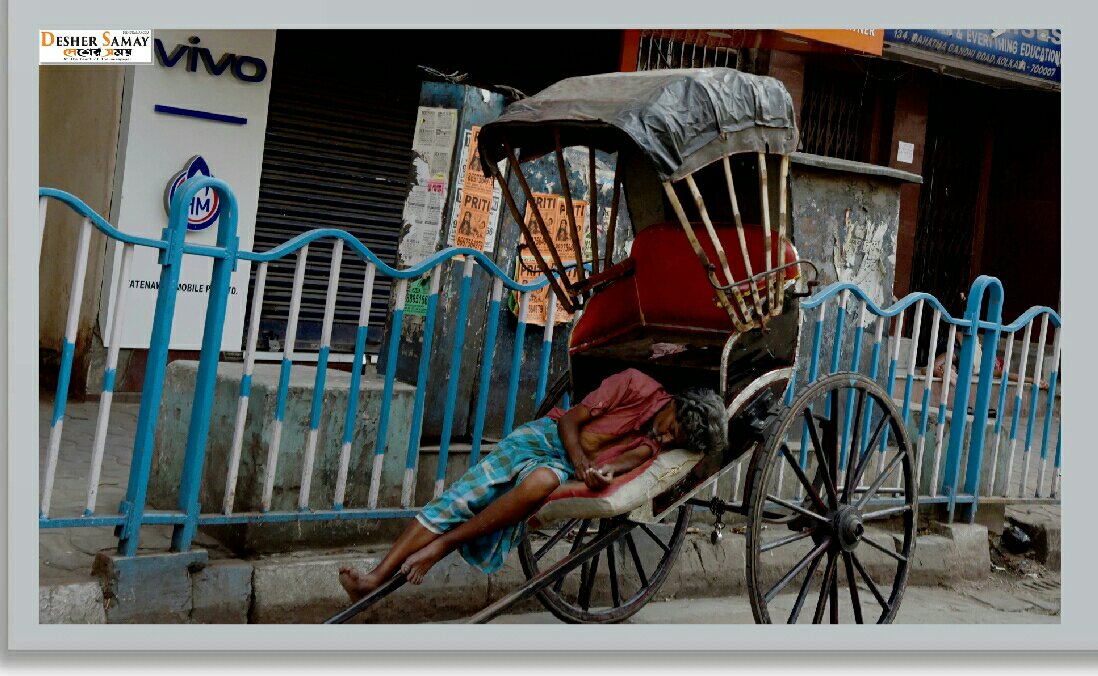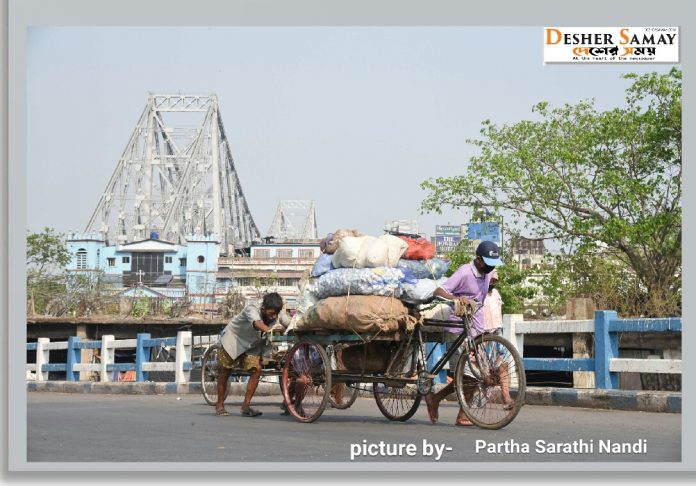
by our special correspondent:
Unprepared goernance, faluty research made India a hotbed of pandemonic.Unless lesson taken much disaster is awaiting fir Indians in future.
For the persons below poverty line (BPL), the government for the next six months should facilitate a cash transfer of Rs 5,000 per account on a monthly basis into their Aadhar linked bank accounts These are difficult times. We need to be both sensible and responsible to live up to the challenges ahead. First, let me start with two areas in controlling the COVID-19 (the cause) before dwelling upon the stimulus (the effects).

1. Scalability of Testing and Treatment Centres
As the World Health Organisation (WHO) has been repeatedly urging- Test, Test and Test. The first and foremost challenge is to enlarge the testing Centres and putting up centres for quarantine, and treatment centres. The government should come out with a time bound action plan to broad base its coverage to extend to all parts of the country and make the action plan public.
Make the testing and treatment both accessible and affordable. In the process, make it a public-private partnership (PPP) model, as public healthcare infrastructure is woefully short. There is a lot to do urgently in scaling up the health infrastructure.
2. Ensure Stringent penal measures against irresponsible conduct
COVID-19 is a pandemic and its containment is of utmost importance. That is the reason, shutdowns are being enforced to adhere to social distancing discipline. Unfortunately, many of us who include the likes of singer Kanika Kapoor have been behaving so irresponsibly by making a mockery of social distancing. We, the people of India, have to be both sensible and responsible to be a chain breaker in the spread of this endemic. Those found guilty, must be dealt with sternly. Any negligent behaviour and rash socialising and celebrations have the potential to kill many.
Now I come to the economic woes aggravated by this sudden unexpected menace and urgent steps that are required. As it is, the economy was slowing down even before COVID-19. But, with its onset, the whole economy has been under pressure. Supply chains have been disrupted. Demand destruction has been swift. Millions are rendered jobless due to ‘social distancing’ and virtual lockdown in metros and other places. We are in a state of stress, as witnessed never before. There is a popular saying, justice delayed is justice denied. In essence, it is not the action only but its timeliness is also important. If we have to act, we must act now, before it is too late. As Business Today has published a report on March 19 covering the list of all countries which have already initiated various measures to alleviate the pain of its population, including the most vulnerable sections. Frankly we are behind the curve now.

A few steps to address economic woes are suggested below.
1. Postpone all timelines relating to March 31 until normalcy returns.
We are only a few days away from the milestone date March 31, which stands for annual closing and compliances. With many cities in an almost shut down mode, including the financial capital Mumbai, the closing related works and compliance around it may be suspended, until normalcy returns. Demand on those lines has already begun by bodies like Income Tax employees/officers as reported in media.
2. All ongoing initiatives like bank mergers be put on hold
A large part of our banking is in the process of mergers. For addressing the present crisis and measures suggested below, we need undivided attention of the banking sector. So, the ongoing merger and related workings be postponed until the crisis is over
3. Liquidity to keep the going concerns
a. Standard assets
For all those business units that have a sanctioned limit and need liquidity support to keep them as going concern, a top-up of up to 10% of sanctioned limits should be sanctioned as an ad-hoc facility which will be reviewed after normalcy returns. It may be mentioned that such an ad hoc limit is permitted on a need-based foundation case to case. Here as the COVID-19 epidemic is universal, a system-wise 10% ad hoc additional limit is suggested.
b. Stressed Assets (incipient sickness)
An irregularity, if any, of up to 10% of the sanctioned limit, be segregated and confirmed and repayment plan drawn separately for the irregularity following due assessment after normalcy returns. Normal transactions be permitted in these accounts on the sanctioned limits treating it as standard on the cut-off date (say taken as March 31)





